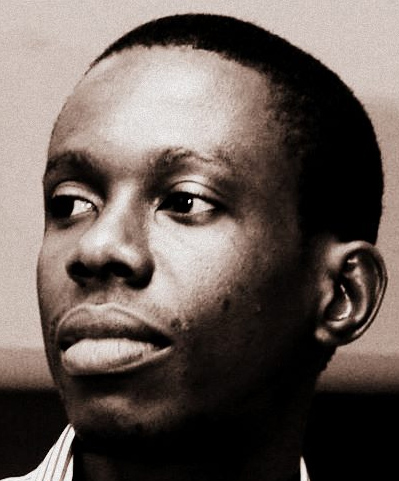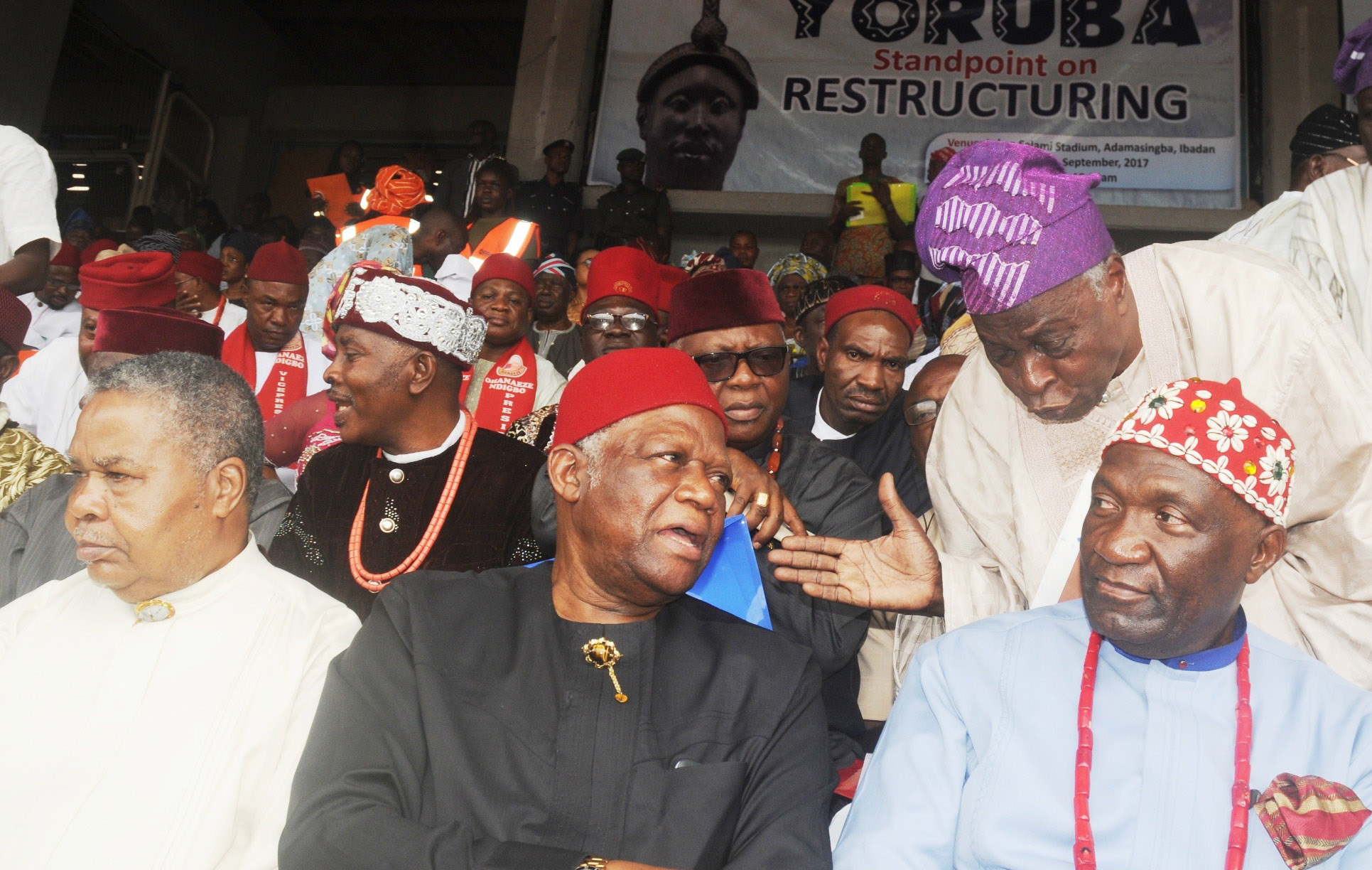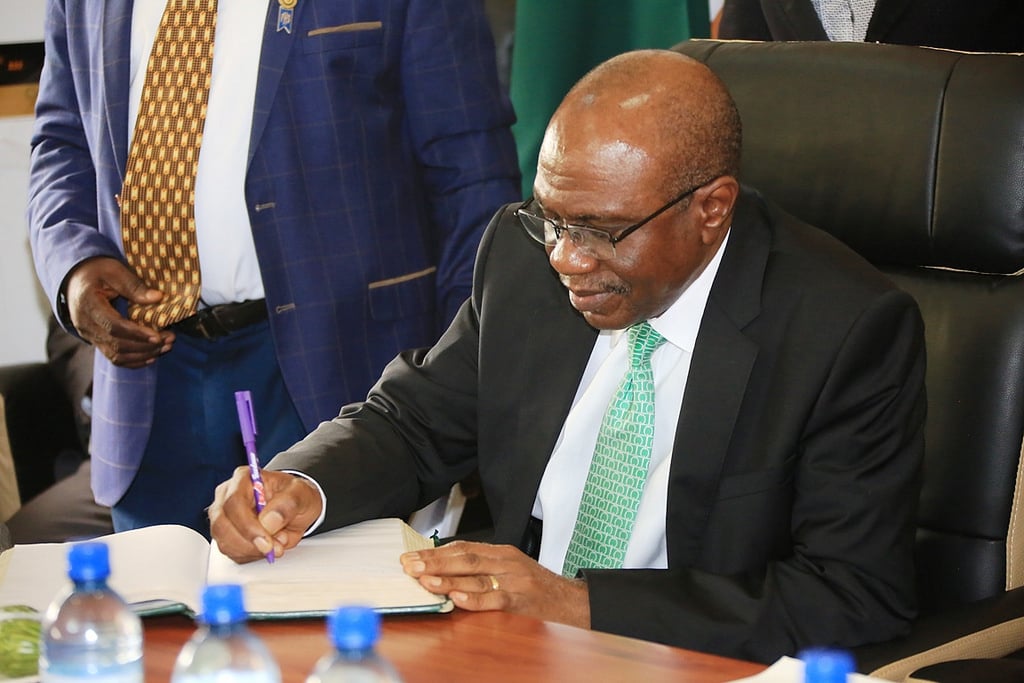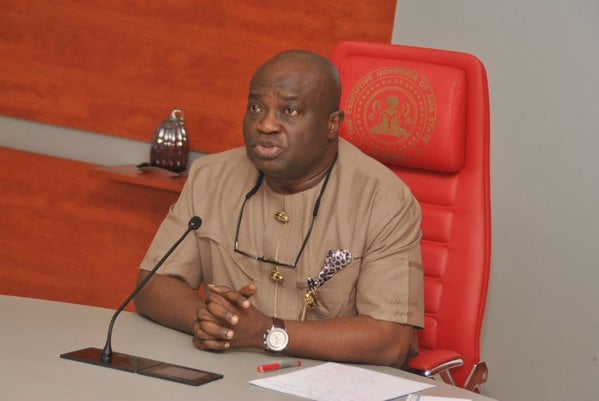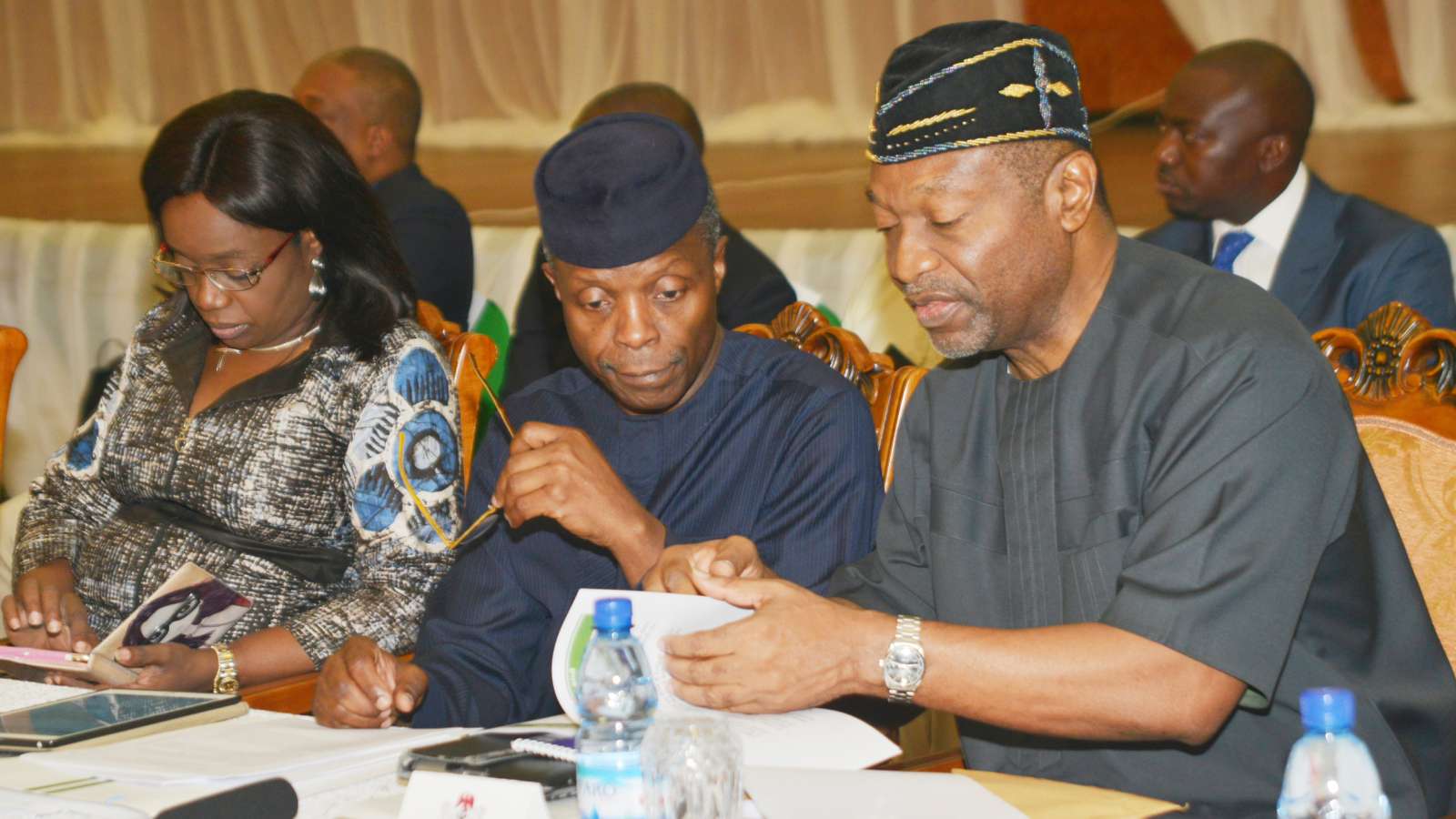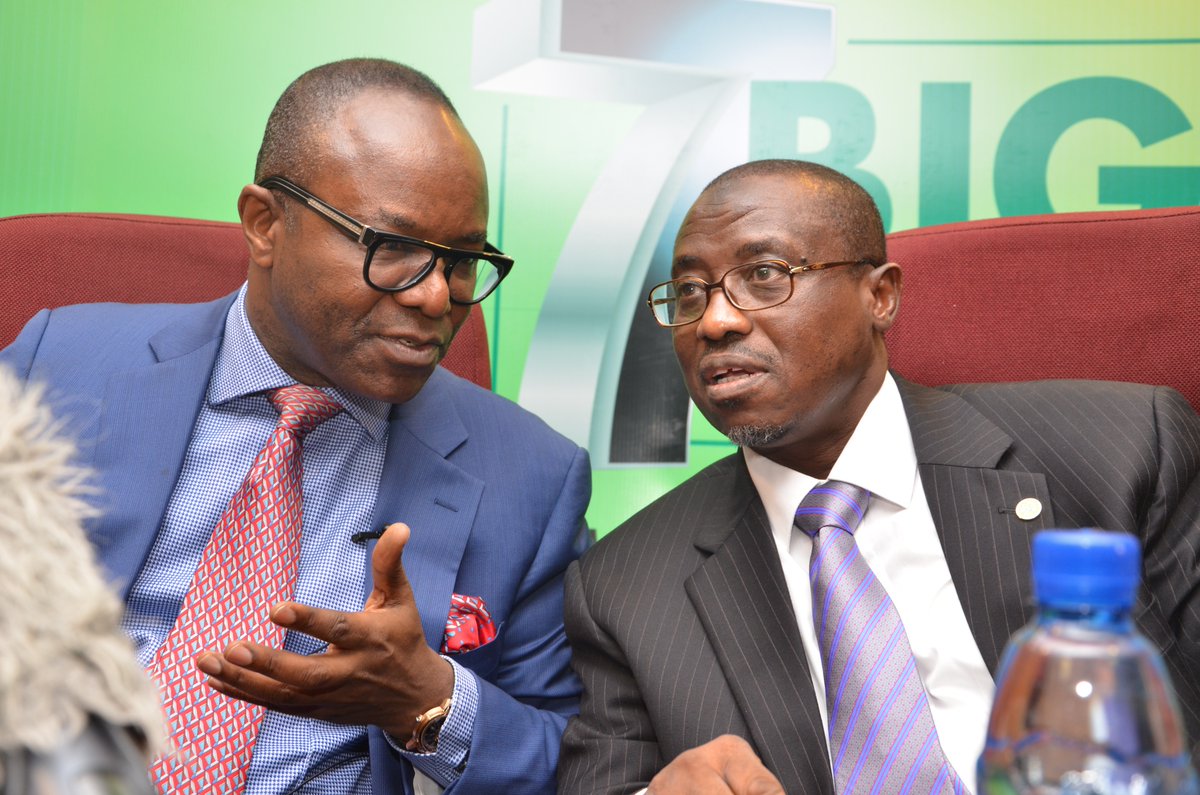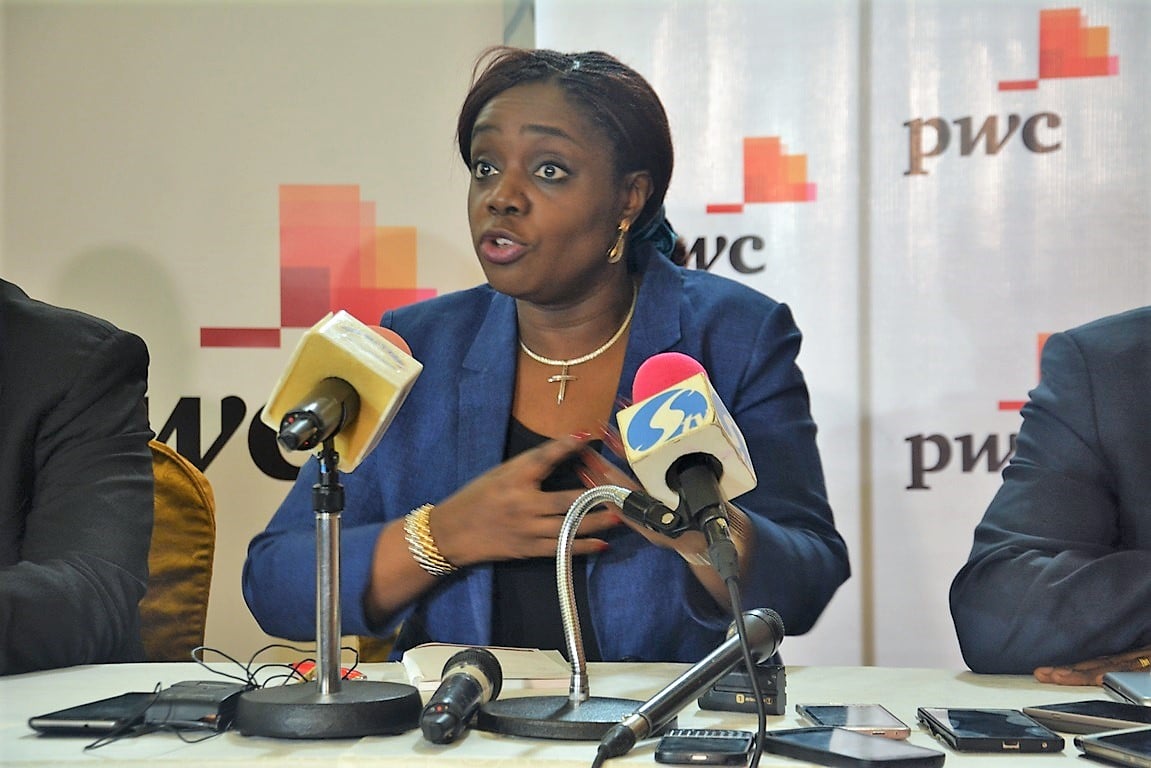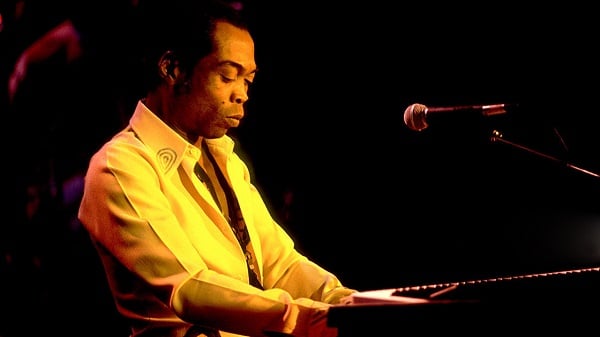At an All Progressives Congress public hearing on true federalism held in Kano recently, the governors of Kano, Abdullahi Ganduje, and Aminu Masari of Katsina, opposed attempt to restructure Nigeria or devolve power from the federal to state governments to reflect true federalism.
Ganduje and Masari said their aligned position (a strong coordinating federal government as against stronger states or regions) was on behalf of the North-west geo-political zone. The seven states of Kano, Katsina, Kaduna, Jigawa, Sokoto, Zamfara and Kebbi make up the North-west.
“True federalism should not be misconstrued for a weak central government but rather a Federal Government that should be seen as a strong coordinating unit that will be entrusted with the responsibility of equitable distribution of common resources, among the federating units,” submitted Ganduje.
Over time, the North-west have shown to be the geo-political zone most opposed to restructuring. Judging from landmass and population figures (figures that play key roles in how much monthly federal allocation accrue to states), it is easy to know why the North-west is anti restructuring. It becomes even much easier to understand when you compare the North-west states allocation to what they individually make from Internally Generated Revenue, IGR, and ultimately contribute as Value Added Tax, VAT, to the commonwealth.
Advertisement
FIRST, A BIT OF HISTORY
Aside being classified as regions (North and South), Nigeria is further divided into geo-political zones, namely, North-east, North-west, North-central, South-east, South-west and South-south. The six geo-political zone structures, although not recognized by the 1999 Constitution, is a major division principle for the country’s economic, political, and educational resources.
LANDMASS & POPULATION
Advertisement
According to data obtained from the National Population Commission, based on figures from the contentious 2006 census, the North-west zone is the most populated in Nigeria: Kano (9,383,682), Kaduna (6,066,562), Katsina (5,792,578), Jigawa (4,348,649), Sokoto (3,696,999), Zamfara (3,259,846), and Kebbi (3,238,628). The zones combined population is 35,786,944.
The zone has the third largest landmass. Individually this is what they get: Kano (20,680Km2), Kaduna (43,460Km2), Katsina (26,785Km2), Jigawa (22,605Km2), Sokoto (25,973Km2), Zamfara (39,762Km2), and Kebbi (41,855Km2).
NATIONAL ASSEMBLY REPRESENTATION
Out of Nigeria’s 774 Local Government Areas, the North-west has the largest number with 186. While every state is evenly represented by 3 senators at the Senate, that is not the case with the House of Representatives. The 360 members of the Lower House are elected in single-member constituencies using the simple majority system. Out of this figure, the North-west has the highest at 86. The zone also has the highest number of senators at 21.
Advertisement
ALLOCATION SHARING FORMULA
Nigeria relies heavily on oil revenue to fund its budget, and every month the states through their Commissioners of Finance go to the capital Abuja to attend the Federal Accounts Allocation Committee, FAAC meeting and to collect their share of the oil revenue. Now, how this oil money is shared has a lot to do with each individual states population and local government areas.
While the federal government receives 52.68 percent, the states and local government councils get 26.72 and 20.60 percents respectively. Because the North-west has the highest combined number of LGAs and population, this means the zone gets the biggest share from the 44 percent revenue that accrues to both states and local governments. This is after we minus the 13 percent derivation that accrue to the Niger Delta states for housing the oil deposit.
Another source of revenue shared between the federal, states and local governments is the Value Added Tax, VAT. While the federal government takes 15 percent, the states and local governments get 50 and 35 percents respectively. The sharing formula for the VAT is similar to how the oil revenue is shared.
Advertisement
Based on this lopsided formula that does not recognize hardwork and creativity, lazy states whose sole claim to bigger share of the allocation is in their population and landmass, get bigger share of the VAT generated by hardworking states like Lagos.
VAT CONTRIBUTION & ALLOCATION
Advertisement
According to data from the Economic Confidential magazine’s 2016 Annual State Viability Index ranking of states by Internally Generated Revenue compared to Federation Account Allocation, for contributing a dismal amount to the nations purse, states in the North-west zone get a great percentage of the oil revenue and VAT, on account of their local government areas and population.
These are the North-west states and what they got in 2016 as Federal Account Allocation in relation to their IGR: Kano got N111billion and contributed N31billion in IGR; Kaduna got N78.5billion and contributed N17billion in IGR; Zamfara got N53billion and contributed N4.7billion in IGR; Sokoto got N65.9billion and contributed N4.5billion in IGR; Katsina got N83billion and contributed N5.5billion in IGR; Jigawa got N68.5billion and contributed N3.5billion in IGR and, Kebbi got N60.8billion and contributed N3.1billion in IGR.
Advertisement
Except for Lagos and Ogun state (both in the South-west zone), the North-west states, just like the rest states in Nigeria cannot run their government using their IGR. Five states in the North-west (Zamfara, Sokoto, Katsina, Jigawa and Kebbi) are part of the poorest contributors to Nigeria’s ‘national cake’.
CONCLUSION
Advertisement
The North-west’s obtuse argument on restructuring and devolution of power portray their governments as bereft of ideas, uncreative and lazy. Truth be told, it is only an insipid and lazy government that would clamour for the retention of the current structure, best described as a “feeding bottle system”, where state governors go to Abuja cap-in-hand as beggars.
In a restructured Nigeria where power is devolved from federal to the state governments, the landmass and population figures wouldn’t count; rather what would matter is how much Internally Generated Revenue figures individual states can boast of. The North-west’s dismal contribution to the nation’s commonwealth and what lies ahead (an end to this lazy culture where ‘monkey dey work baboon dey chop’), is why the zone is opposed to restructuring.
Maduekwe is editor at Discussing Africa. Follow him on Twitter @Ojo_Maduekwe
Views expressed by contributors are strictly personal and not of TheCable.
Add a comment
